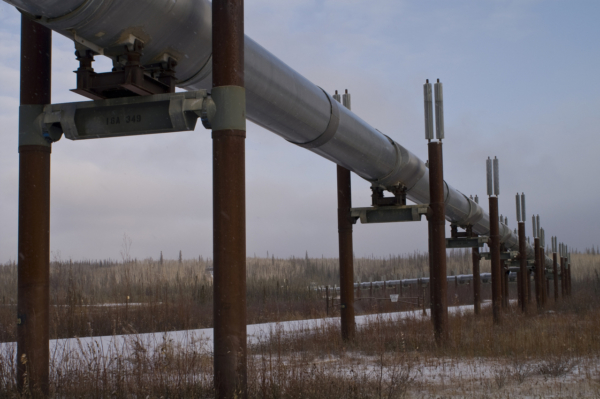The climate crisis is probably the biggest story of our time – and climate and the energy sector’s role in climate change is the focus of this year’s Dataharvest. Two weeks are dedicated to the subject, and we begin on Tuesday September 15!
We have dedicated numerous sessions to different aspects of investigative, in-depth, data and cross-border coverage of the climate and energy sector. The second climate crisis week is in November.
We will be looking into the lobbying mechanisms and their impact on the European and the UK climate policies; we’ll track climate deniers across Europe and beyond; we’ll explore the world of the VAT fraudsters on the energy market and look into fraudulent carbon credits. Our speakers will share the methodology they employed in their investigations on fossil fuel subsidies, pension funds and open their databases to us. We’ll hear how big businesses sometimes benefit from green energy boost; learn from experts who investigate shipping and aviation industry and find out why it’s so expensive and (politically) complicated to phase out of coal.
Data scientists from OECD, the European Environmental Agency and Copernicus (European Union’s Earth observation program) will sharethe data they have in store with us, explain how they collect it, where to find the relevant datasets and how to make the best use of them.
We have also prepared hands-on sessions during which you can learn how to track climate deniers on Twitter and during which you’ll be able to ask all the silly questions related to climate and energy you might have. We hope you’ll get inspired by climate and energy reporting veterans who’ll discuss what they’ve learnt while covering climate change, what are the topics to cover next and how to do it in a more constructive way.
You will find more sessions that can help you hone your reporting skills in the field of climate, energy and the environment outside of the two weeks dedicated solely to this topic. Join us in late September to learn how journalists used freedom of information requests to obtain documents about the ties between the Dutch government and Royal Dutch Shell; how one can get access to environmental information at the national and international level or how to track minerals; and come over to discuss possible ways to collaborate across borders in order to investigate investments in fossil fuels.
At Dataharvest 2020, we’ll also launch Arena’s Climate and Energy network that aims to enable a better cross-border coverage of climate and energy stories and facilitate information flows between journalists covering these topics at local and national levels. We believe that such collaborations ultimately lead to more relevant stories being published.
Join us for 13 weeks of online learning, networking and discussions – register here https://dataharvest.eu/register/

